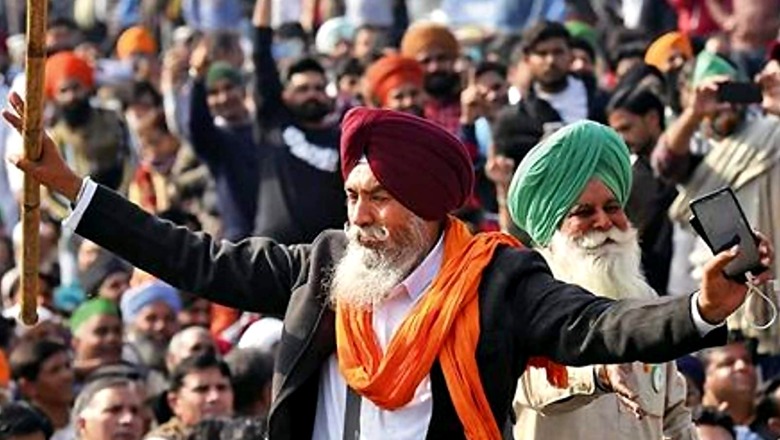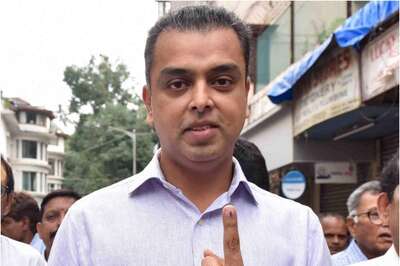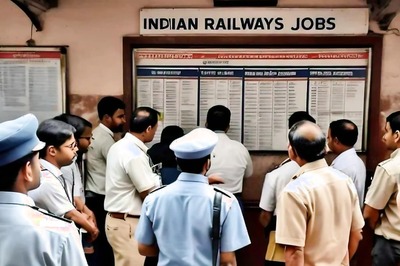
views
Prime Minister Narendra Modi recently announced the repeal of three contentious farm laws, which were strongly resisted by farmers from mostly Punjab, Haryana, parts of Rajasthan and Uttar Pradesh who were quite assertive. This act of PM Modi surprised the media, political observers and a section of civil society. What does this act of PM Modi mean? In my view, it shows the strength of Indian democracy in one way. If the state accepts resistance and responds to it by withdrawal of its own decision, it shows the state has not closed its eyes and ears. It also shows that it believes in working through persuasive negotiations. The statement of PM Modi about its withdrawal reflects that he still feels that these bills were in the favour of a broader farmer community but due to protests and assertive opinions of a section of the country, he withdrew these bills.
It shows that in the Indian democracy, people’s opinions are always valued by the state after push, pulls, pressures, differences, protests and negotiations. Secondly, the constant pressure on the state created by the farmers may have compelled the political party in power to rethink on its decision and withdrew it. So, democracy grew slowly and steadily in both ways ‘state with sense of listening and public with assertive voices’. The listening in political conversation may make our democracy more as dialogic democracy. Another element that reshapes democracy is changing notion of development and development-related state initiatives. These initiatives of state-led development increases various kinds of interventions of states, which produce tensions, conflicts and contestations between states and people.
If we look into the history of farmers’ movement in India, it is full with various episodes of contestations between state and farmers from colonial to contemporary times. In most cases, the farmers’ assertions resolved by negations between state and farmers that is, from the Indigo revolt to Mahendra Singh Tikait led movements. It is also true that some incidents of farmers’ assertions produced long-term politics as we can see in the case of Indigo revolt which took place in the colonial time. The issues of the protest echoed in Congress politics in the colonial period.
If we do electoral reading of this act of repeal of farm laws by Modi, one can say it may give a bit of relief to BJP in the coming state assembly elections of five states — Punjab, Uttarakhand, Goa, Manipur and Uttar Pradesh. It is true that in Punjab farmers led the protest against these three farm laws and BJP is not in a position yet to come in power alone but it is trying to rebuild itself in the state and retain its popularity in Haryana. This may influence the prospect of BJP in Uttar Pradesh more than other states where elections are going to be held in February, 2022.The farmers’ movement widely affected western UP and Rohilkhand where BJP fought in the last election. Leaders of the Jat community of western UP played an important role in the peasant movement.
So, this repeal may soften the tensions between Jats and BJP in Uttar Pradesh. It may also provide space for BJP to consolidate itself in this region. The socio-political condition of western Uttar Pradesh due to this act of PM Modi may make an environment in which people of this zone may listen and appreciate other narratives of BJP such as development and other welfare schemes.
It may also help the BJP to dilute negative perceptions, which were emerging simultaneously with other positive perceptions in other parts of Uttar Pradesh. So, with elections around, the larger impact of this act will strengthen our democracy and make it a ‘dialogic’ one from the state-led conventional version of democracy.
Badri Narayan is professor and director of GB Pant Social Science Institute, Prayagraj, and the author of ‘Republic of Hindutva’. The views expressed in this article are those of the author and do not represent the stand of this publication.
Read all the Latest Opinions here
















Comments
0 comment